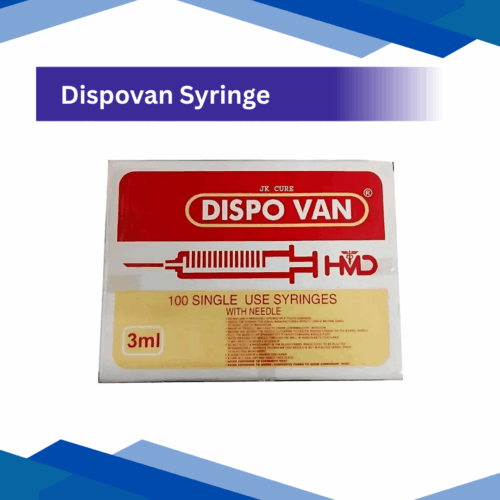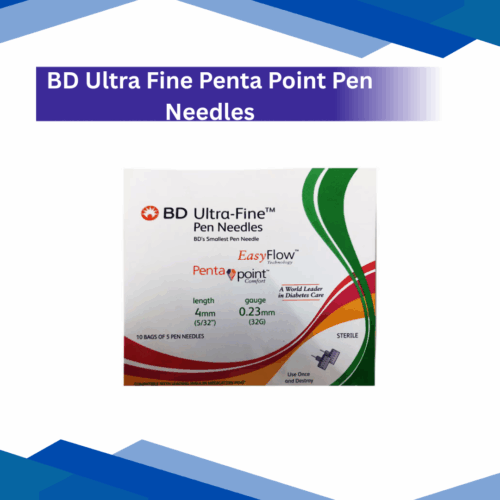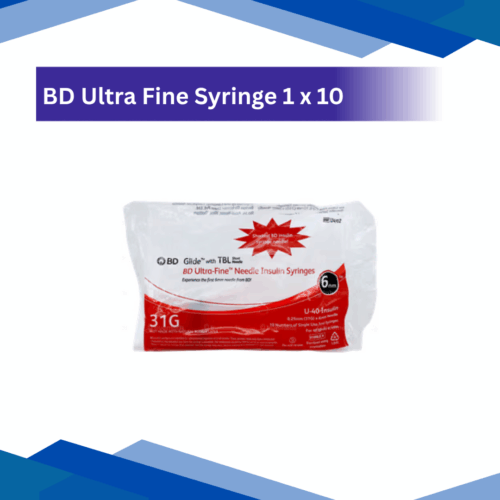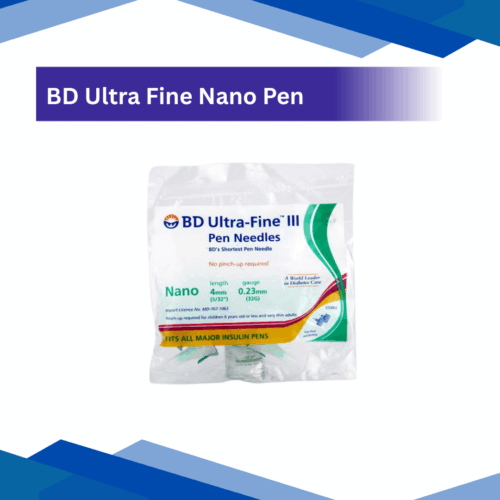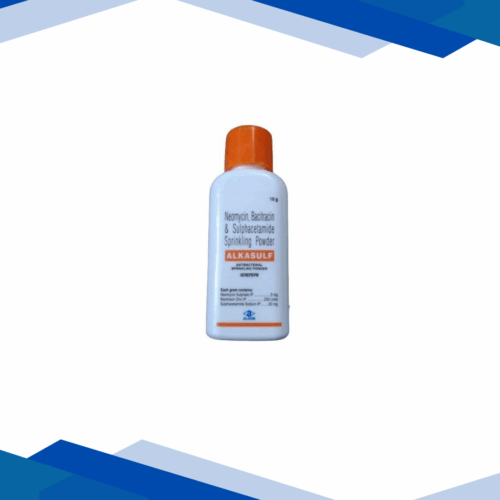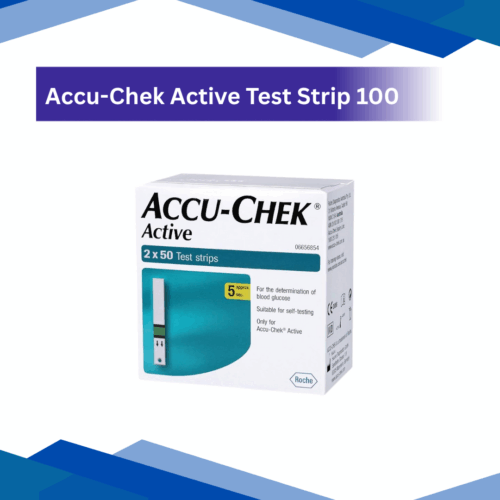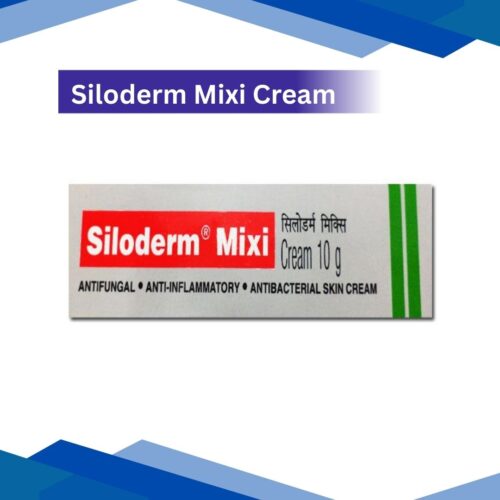DIPROPIONATE
Overview
Dipropionate refers to the dipropionate salt or ester version of a corticosteroid (like betamethasone or beclomethasone). This form helps the medication stay active longer, allowing for stronger and more targeted relief from inflammation, swelling, and allergic reactions—especially when used on the skin or in the lungs.
Classification
Anti-inflammatory and immunosuppressive agents.
Uses
Helps treat skin disorders like eczema, psoriasis, and dermatitis (when part of creams or ointments)
Reduces inflammation in the lungs in conditions like asthma (in inhaler form)
Used to relieve itching, redness, or swelling caused by allergies or irritation
Sometimes included in combination medications for longer-lasting effect
How It Works
As an ester of a corticosteroid, dipropionate enhances the potency and duration of the active steroid. Once applied or inhaled, the body slowly converts it into its active form, which reduces inflammation, calms immune reactions, and soothes irritated tissue.
Dosage
As prescribed by your doctor.
Side effects
Depending on the form and area of use, side effects may include:
Skin thinning or discoloration (with prolonged topical use)
Burning, dryness, or itching where applied
Hoarseness or sore throat (when inhaled)
Rarely, hormonal effects if used long-term or over large areas
Precautions
Do not apply to broken or infected skin unless directed
Use for the shortest time possible, especially on sensitive skin or in children
Avoid contact with eyes, mouth, or genitals
Inform your doctor if you have skin infections, tuberculosis, or circulation problems
Prolonged use may require gradual tapering to prevent withdrawal or rebound symptoms
Use in pregnancy or breastfeeding only if clearly advised by a doctor
Disclaimer
This content is for informational purposes only. Always consult a healthcare provider for medical advice and proper dosage

